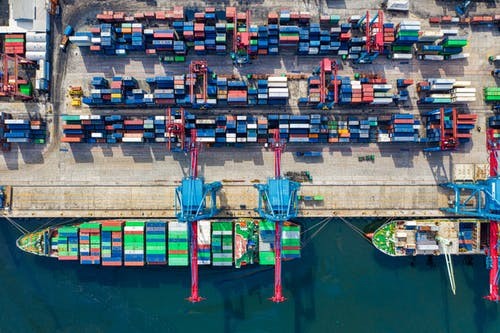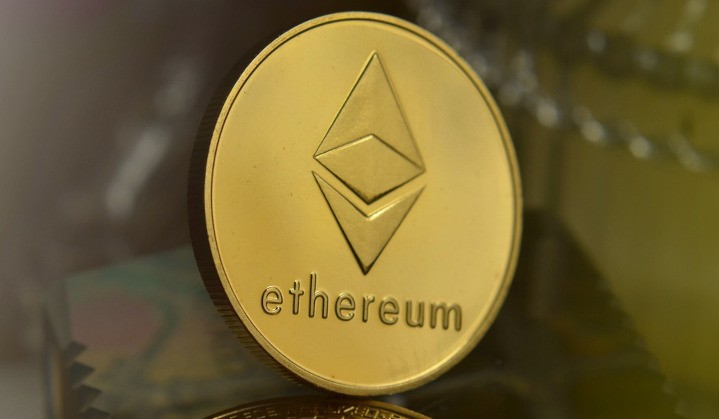Five Supply Chain Optimization Best Practices in the Crypto Era
May 02, 2020, 8:09pm
We look at the top five ways to leverage blockchain and cryptocurrency to make businesses more efficient and optimize supply chains.
At present, the supply chain management system suffers from a lack of efficiency and transparency and most supply chains encounter difficulties when trying to integrate all the parties concerned. Ideally, products and materials, as well as money and data, should flow smoothly through the different stages of the process.
However, the current model makes it difficult to maintain a coherent and efficient supply chain, which has a negative impact not only on corporate profitability but also on the final retail price. Supply chain optimization research showed that high-performing supply chains lead to achieving revenue growth greater than the average within their industries to 79% of companies.
Some of the most serious supply chain issues can be resolved through the use of blockchain technology, which offers new methods of recording, transmitting, and sharing data.
The Benefits of Using Blockchain for a Supply Chain
Since blockchain is designed as a distributed system, it’s very resistant to modifications and is perfectly suited to supply chain networks. A blockchain consists of a chain of data blocks, linked together by cryptographic techniques ensuring that the stored data can’t be altered or tampered with – unless the whole network agrees.
Therefore, the blockchain system provides a secure and reliable architecture for the transmission of information. Although it’s often used for recording cryptocurrency transactions, blockchain technology can be extremely useful for securing all types of digital data and its application to the supply chain network can have many advantages.
1. Transparent and Immutable Data
Imagine that several companies and institutions work together. One of the things they can use a blockchain system for is to record data on the location and ownership of their materials and products. All members of the supply chain can see what’s happening in real-time as resources move from one company to another. Since the data records can’t be modified, therefore there would be no problem of determining the party responsible in the event of a problem. Actually, according to the 2020 Supply Chain Analysis & Data, one of the top priorities among supply chain organizations are investing in data analytics.
2. Lowering the Costs
Inefficiency within the supply chain network generates a lot of waste. This problem is particularly prevalent in the perishable product industries. Improved monitoring and transparency of data helps companies to identify these waste zones in order to be able to implement cost-saving measures. Going through various bank accounts and payment processors, the blockchain can also eliminate the fees associated with them. These fees reduce profit margins, so it’s important to be able to eliminate them from the equation.
3. Interoperable Data Creation
One of the biggest problems in a current supply chain is the inability to integrate data from all the partners in the process. Blockchain is built as a distributed system that maintains a single, transparent data repository. Each network node (each part) contributes to the addition of new data and to the verification of their integrity. This means that all the information stored in a blockchain is accessible to all parties concerned so that one company can easily check which information is disseminated by the other.
4. Replacing the EDI
Many companies use electronic data interchange (EDI) systems to exchange business information. However, this data is frequently transmitted in batches rather than in real-time. If a shipment disappears or if prices change rapidly, other participants in the supply chain won’t receive this information until after the next EDI batch is released. Thanks to blockchain, information is updated regularly and can be quickly distributed to all the entities involved.
5. Digital Agreements and Document Sharing
A single version of the truth is important for any type of document sharing in the supply chain. The necessary documentation and contracts can be combined with blockchain transactions and digital signatures so that all participants have access to the original version of the agreements and documents.
The blockchain guarantees the immutability of documents and the agreements can only be modified if all the parties concerned reach a consensus. In this way, organizations can spend less time with their lawyers at the paperwork or at the bargaining table, and more time to develop new products or promote business growth.





